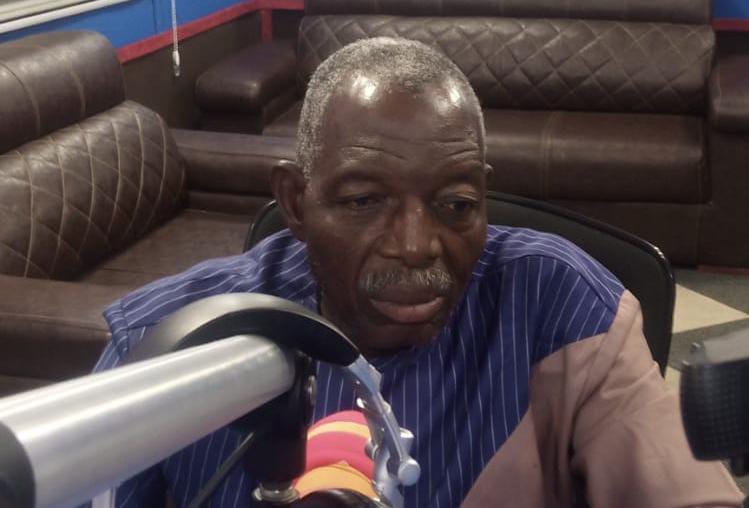The Bolgatanga Municipal Chairman of the Peasant Farmers Association, Rev. John Akaribo, has criticized Phase 2 of the Government’s Planting for Food and Jobs program, labeling it a failure.
According to Mr. Akaribo, farmers faced significant delays in receiving inputs necessary to start the planting season, with crucial items like fertilizers arriving just as farmers were nearing harvest.
Speaking on the Trade Talks show on A1 Radio, Mr. Akaribo acknowledged that while the Planting for Food and Jobs program is a commendable pro-poor policy, its implementation has been subpar. He remarked, “In Phase 2, if you ask any farmer, we started receiving inputs only about two weeks ago. We are nearly at the harvesting stage now. Planting for Food and Jobs is a good policy with poor implementation. It is a good policy without commitment. Everyone understands what Planting for Food and Jobs stands for. It is one of those policies that was introduced alongside the one village, one dam initiative. However, those dams are poorly constructed. There is a difference between having policies and implementing them. As a layperson, I view it as a failure. Phase 1 was also a failure because it did not lead to an increase in food production or enhance food security. This year, fertilizers were delayed. The project was supposed to start in May, but we didn’t receive anything until August.”
In response, Mr. Mohammed Bukari, the District Director of Agriculture for the Kassena Nankana West District, disagreed with the Peasant Farmers Association’s assessment. He attributed the delays in inputs to late registration of farmers and argued that it is too early to evaluate the program. He stated, “So far, the seed and fertilizers have been supplied to farmers. This is the first year of Phase 2, and the processes take time. By the time the inputs were supplied, many farmers had already plowed their fields, so plowing services were no longer needed. Initially, plowing services were included, but most farmers had completed plowing by then. Seeds and fertilizers were provided late, but not too late. The season started late due to early droughts. Farmers who planted in late July are still able to use the fertilizers. This year being the first year, the procurement processes took some time, which is why the inputs arrived later than expected.”
Trade Talks is a program funded by The Global Affairs Canada through Canadian Feed the Children under the SHINE project. It aims to advocate for government policies that support the productive poor in creating and managing viable business enterprises around indigenous livelihoods for sustained poverty reduction and wealth creation.
Source: A1Radioonline.Com|101.1 MHz|Bolgatanga


